There is a misunderstanding that there are “metal applications” and “plastic applications” in manufacturing. However, you can change the part and product design and add plastic to the typical “metal application”.
There are many reasons to consider converting metal to plastic for your production. Depending on your product, if you choose plastic and metal, plastic may be a better choice.
Whether you are considering changes or just looking for viable options for your project, please keep in mind the following points of the benefits of switching to plastic.
- Cheaper
- Lighter weight
- Better performance attributes
- Greater design flexibility
- Quick assembly
- Provide more material choices
1. Cheaper
Generally speaking, plastic raw materials are cheaper than metal raw materials. Depending on the quantity and the materials used, plastics can also be easier to purchase and purchase for your projects-there is almost no shortage of these materials.
The situation of raw materials is different, and their prices and availability will fluctuate with market supply and demand. In some cases, manufacturers do not have time to wait for metal prices to drop to more affordable prices, or wait for materials to appear, so plastics may be a good choice for them.

The manufacturing process can also be much more efficient and streamlined with plastic than it is with metal. Plastics are usually manufactured by plastic injection molding machines, which can produce multiple pieces of plastic at one time, reducing waste, thereby reducing material waste and lowering overall costs.
2. Lighter Weight
Although this may not seem like a big problem for laymen, weight is an important factor when considering what materials to use in production. This simple benefit is one of the reasons why many manufacturers switch to plastics.
This is because the weight of the material takes into account the cost of manufacturing, transportation and the final application of the product. In terms of manufacturing, the lighter the material, the lower the procurement cost.
This is because lighter materials can be more easily transported to the manufacturer. For the same reason, the cost of transportation to customers has also been reduced. Weight will also affect how the product can meet the expectations and requirements of the final application.
Plastic products are lighter, smaller, and thinner than metal products. This means that it can better meet the size and weight constraints of certain equipment, engines, medical equipment, etc.
3. Better Performance Attributes
The characteristics of plastics lead to certain performance characteristics that metals cannot match. There are plastic materials that provide higher tensile strength, increased durability, impact resistance, corrosion resistance and heat resistance.
In addition, new mixing and mixing formulations available in plastic production can improve these natural properties of plastics.
When considering what components to use in end products such as cars and tools, tensile strength is a key requirement. This characteristic is necessary for products that are subjected to a large amount of repetitive stress.
The strength and stiffness of plastic can exceed that of metal, which makes it a more attractive choice. Plastics can not only withstand considerable pressure but also withstand other extreme environmental factors.
Even under the influence of these factors, plastic parts can maintain tight tolerances. This makes the plastic as durable as traditional metal parts.
The plastic itself also has the characteristics of impact resistance and corrosion resistance, and most metals need to be coated or sprayed to achieve the same performance.
Plastics can also be designed to meet specific performance requirements. Many plastic compounds have increased heat resistance, which makes them ideal for more demanding applications.
4. Greater Design Flexibility
The range of processes that can be effectively applied in metal manufacturing is limited. This means that more complex designs using metal materials have to undergo multiple processing, which increases manufacturing time and costs.
Plastic manufacturing will not encounter the same problem. This is because injection molds are used in this process, which allows a wider range of design options in one step of the process. The difference in time and cost between simple design and complex design is almost negligible.
5. Quick Assembly
Due to its flexibility, plastic manufacturing can also complete multiple assembly processes at once. This means that plastic parts do not need to be manufactured piece by piece, and then welded or assembled into the final product.
Instead, plastic parts are made with a plastic mold. These parts can be used directly outside the machine without finishing or additional processing.
In addition, unlike metal tools, plastic tools can be used for a long time without needing to be replaced. Although the tools used to make metal and plastic parts tend to be similar, the tools used to make plastic molds have a longer life.
In fact, the life span of plastic tools is ten times longer than that of cast aluminium tools. This means that the production and assembly of plastic parts can be carried out uninterrupted for a long time.
6. Provide More Material Choices
The choice of plastic materials is almost endless-customized plastic materials are even available for your project. They can be obtained or designed very easily, which makes them suitable for projects that wish to make products with specific attributes.
Although there are quite a few alloys in metals, the number of plastic materials available on the market is still relatively limited.
If your project has unique requirements and you are using metal alloys, then you will most likely not be able to find an alloy that can meet the performance requirements of your application.
7. The Essential
Because of its many benefits, there are several reasons to consider the conversion of metal to plastic. When considering plastics for your manufacturing process, it is vital to contact an experienced injection molding company to help you make the conversion.


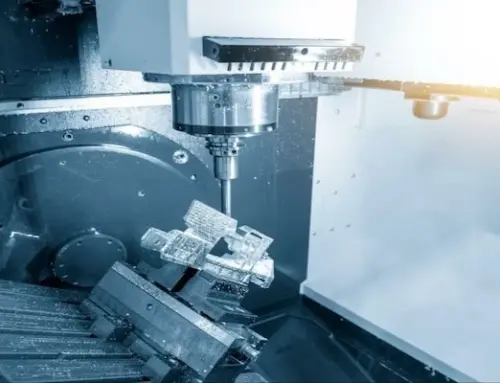
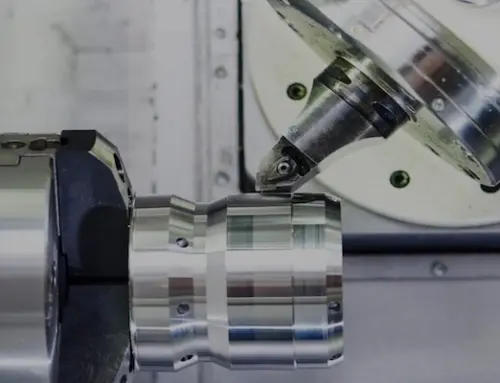
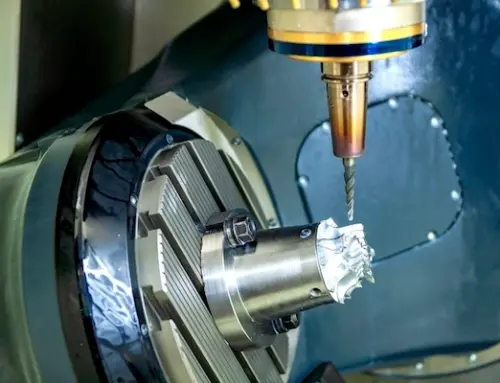
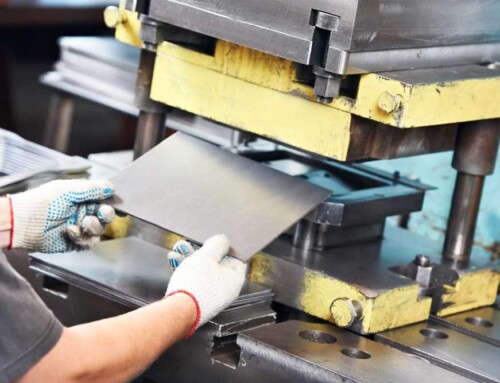
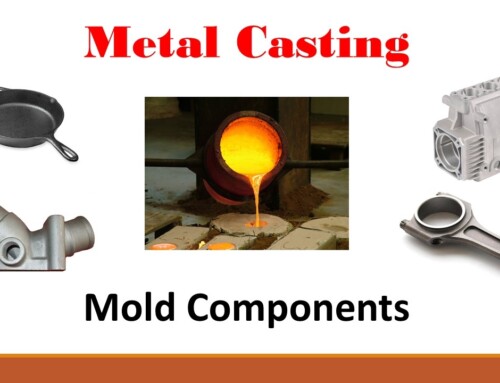
Leave A Comment